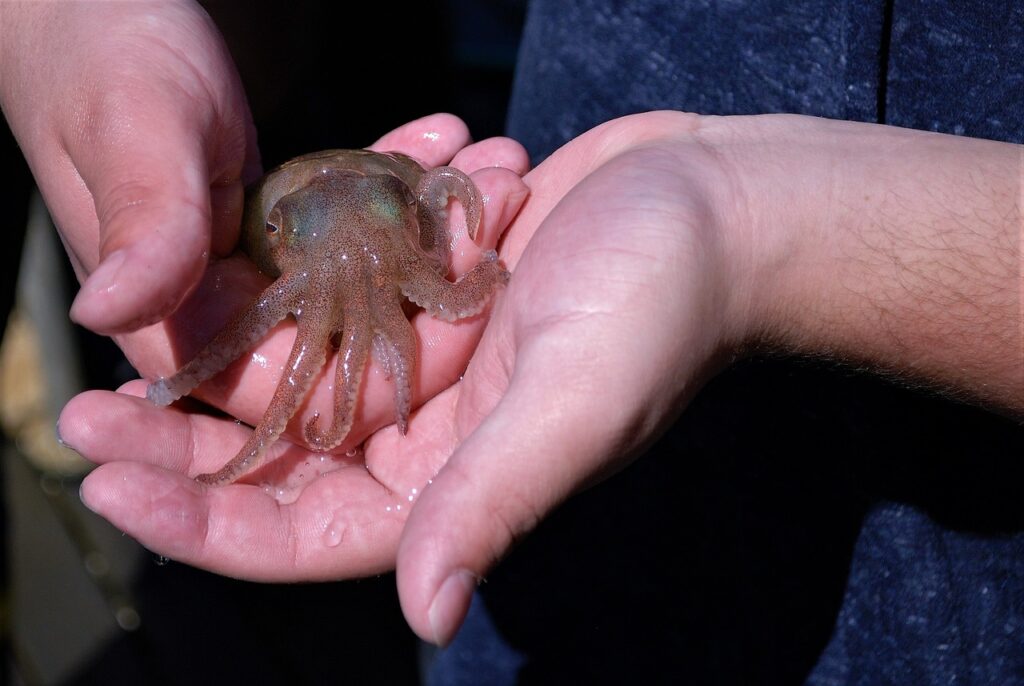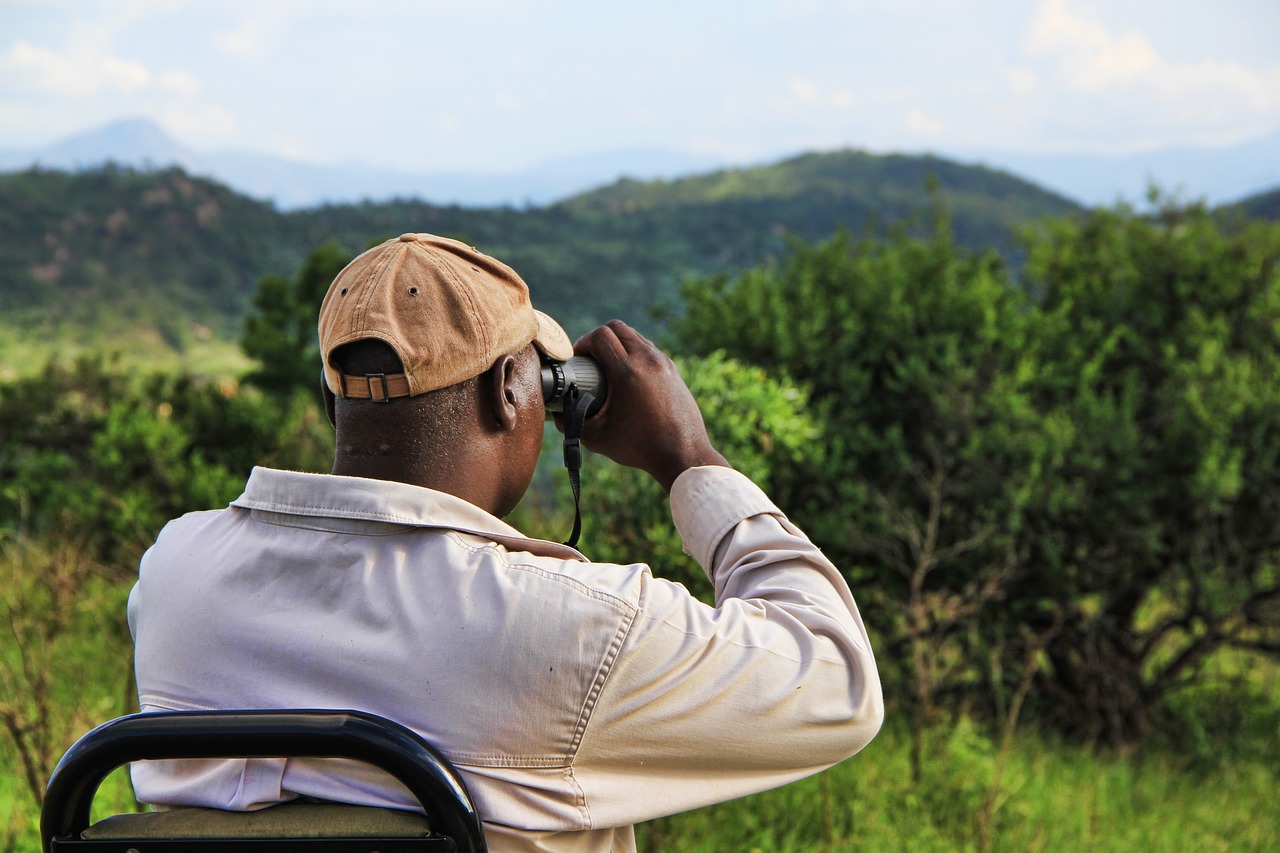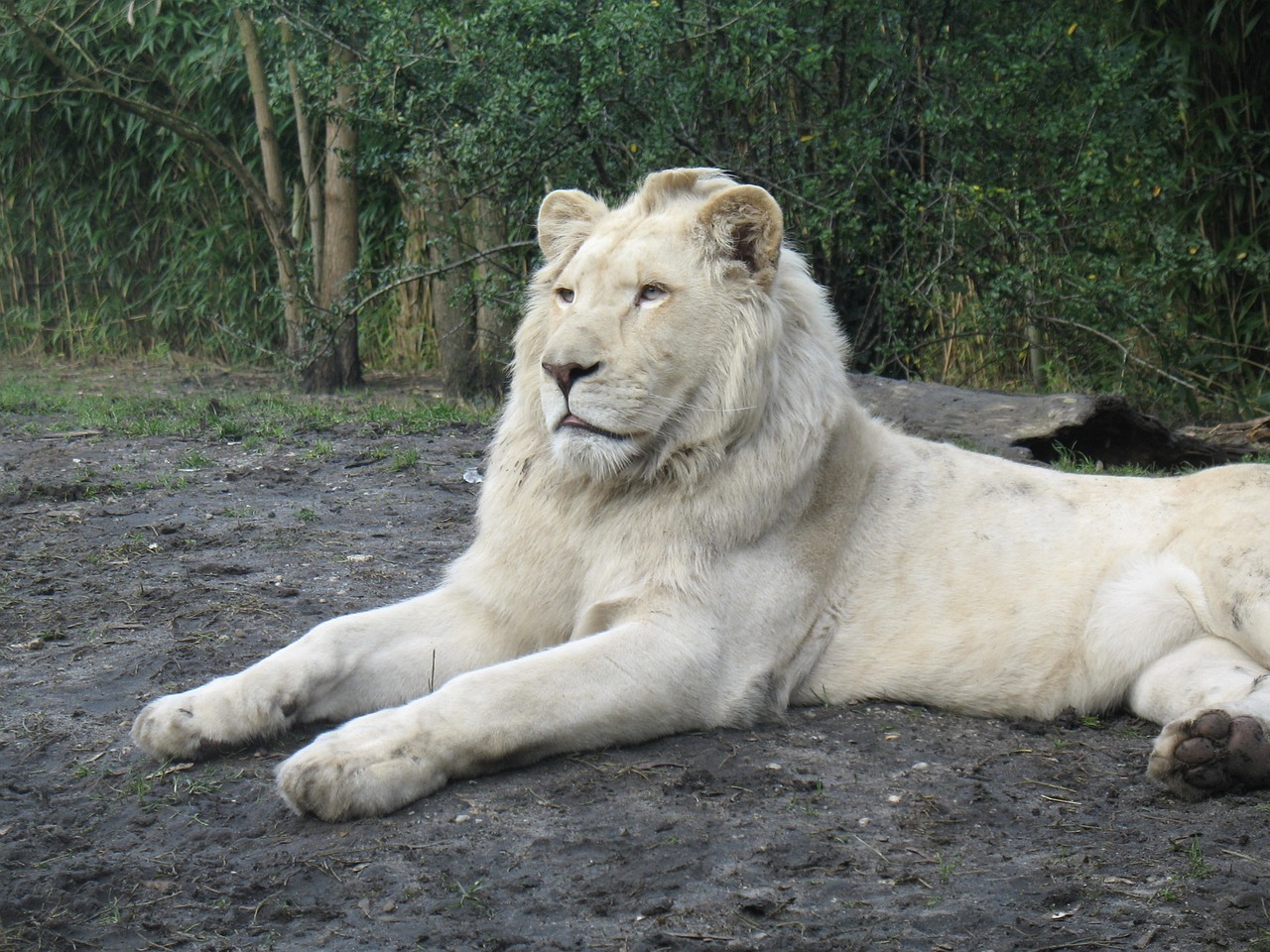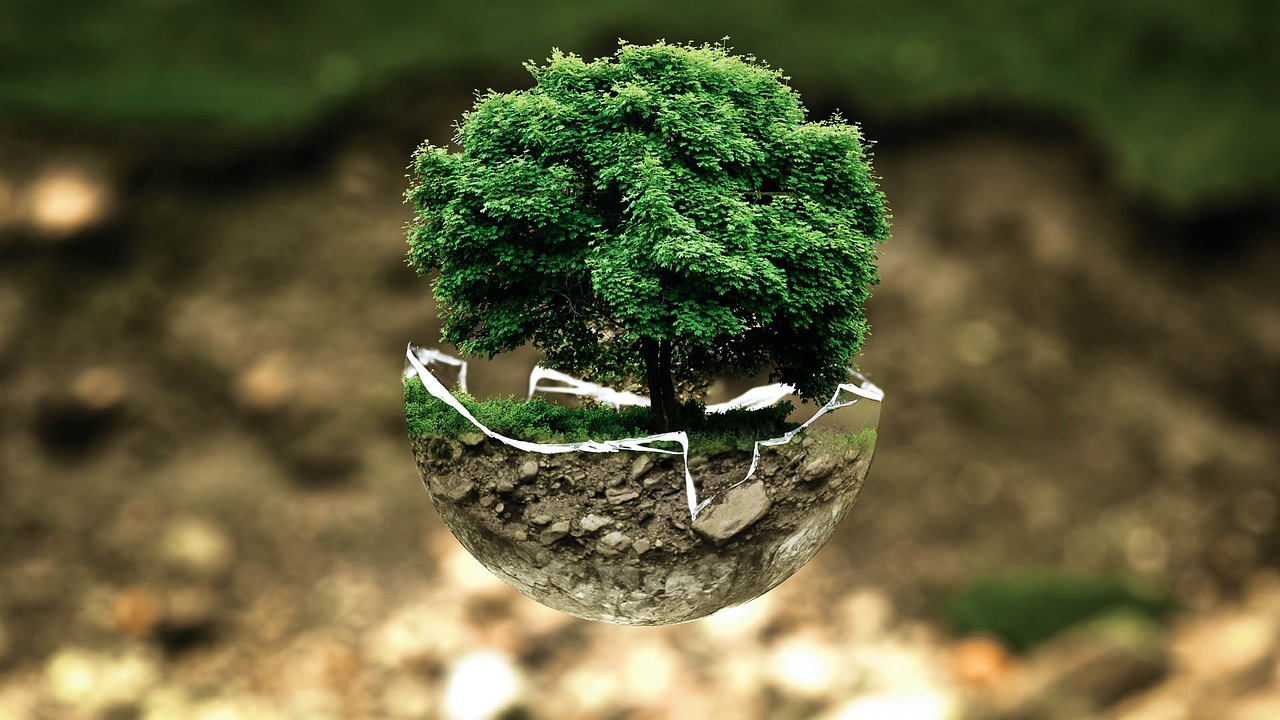
When we imagine a job in ecology or environmental science, we usually think of ourselves working outside during a nice day and collecting some samples or taking some field notes and just enjoying nature.
Here we will dive into the fascinating world of field skills, a cornerstone of success for ecologists, environmental scientists, and professionals in natural science fields. Whether you’re navigating a dense forest, analyzing soil samples, or tracking elusive wildlife, these hands-on competencies are essential for making a real difference in the natural world.
In This Article…
- Comprehensive List of General Field Skills
- Specialized Field Skills
- Acquiring Field Skills
- Field vs. Lab Work Balance
- Conclusion
Comprehensive List of General Field Skills

There are a few general guidelines when it comes to what field skills you are most likely to acquire during your studies, internships, or volunteering experience when it comes to ecology, environmental science, and other related natural science fields. Here is a general list of field skills you will likely encounter:
- Plant/Animal/Species Identification:
- Ecologists rely on their keen observation skills to identify a wide array of plants and animals. This includes recognizing physical characteristics such as leaf shape, size, flower features, or animal body size, shape, and coloration. Behavioral attributes, like vocalizations or movements, also play a vital role in identification.
- The key takeaway here is not that you need to be an encyclopedic expert on every species. Rather, it’s crucial to familiarize yourself with the identification process, which often requires hands-on experience. Shadowing experts, interning, or volunteering provides the necessary practical knowledge.
- Field Sampling Techniques:
- Sampling is a fundamental aspect of ecological research, and various methods are employed:
- Transect Sampling: Walking along a predetermined line to record data about species and abundance within a specified distance from the path.
- Quadrat Sampling: Randomly placing square frames (quadrats) on the ground to assess plant and animal species and their abundance.
- Pitfall Traps: Used for capturing ground-dwelling insects and small animals. Animals fall into a container buried in the ground with a funnel, allowing for study.
- Water Sampling: Collecting water samples from bodies of water to assess water quality and the presence of microorganisms.
- Soil Sampling: Gathering soil samples to analyze soil quality, nutrient levels, and microorganism presence.
- Point Count Sampling: Counting the number of birds or animals observed within a specific radius from a designated point. Commonly used for studying bird populations.
- Camera Trapping: Deploying motion-sensitive cameras to capture images or videos of animals, particularly elusive or nocturnal species.
- Mark-Recapture: Capturing and marking animals, releasing them back into the wild, and using the proportion of marked animals in subsequent samples to estimate population size.
- Transect Diving: Swimming along a straight line (transect) to record data on aquatic plant and animal species within a set distance from the line.
- Pit Tagging: Implanting small electronic tags in animals to track their movements and behaviors over time, commonly used in studying fish populations.
- Sampling is a fundamental aspect of ecological research, and various methods are employed:
- Experience with Equipment:
- Competency in handling specialized equipment is crucial for fieldwork. Ecologists should be familiar with:
- GPS (Global Positioning System): Used for precise location recording and tracking animal movements.
- Binoculars and Spotting Scopes: Essential for observing and identifying wildlife from a distance.
- Camera Traps: Used to capture images or videos of elusive animals.
- Field Guides: Handy references for identifying plants, animals, and fungi.
- Soil and Water Sampling Tools: Necessary for collecting samples for subsequent laboratory analysis.
- Weather Instruments: Instruments like thermometers, hygrometers, and barometers help measure weather conditions at study sites.
- Traps and Nets: Tools like mist nets, pitfall traps, and Sherman traps are employed for animal capture and study.
- Microscopes: Essential for examining samples of soil, water, and other environmental materials.
- Drones: Utilized for aerial surveys and capturing high-quality images and videos from above.
- GIS and Remote Sensing Tools: Satellite imagery and LiDAR (Light Detection and Ranging) technology help gather data on large-scale environmental changes.
- Competency in handling specialized equipment is crucial for fieldwork. Ecologists should be familiar with:
- Working in Adverse Conditions:
- Fieldwork often entails challenging environments such as dense forests, rugged terrain, swamps, and harsh weather conditions. Field scientists must be adept at adapting to these adverse circumstances. Describing experiences in such environments can be a valuable asset on your resume, highlighting your ability to thrive under difficult conditions.
Specialized Field Skills

In addition to these general field skills, some specialized roles in ecological fields demand specific competencies. For instance:
- Ecological Consulting: Here, expertise in conducting environmental impact assessments and familiarity with environmental laws and regulations are crucial.
- Logging Industry: In this sector, proficiency with various high-tech equipment like bulldozers, hoists, and cranes is essential for felling trees, clearing brush, and other related tasks.
- Chemical Labs: Some environmental roles require specialized training using special suits to gather potentially toxic samples and further process them in a lab.
- Firefighting & Restoration Ecology: In some cases, you may have to do controlled burnings which require more specialized knowledge than what you would pick up in university.
These are just some examples but the general idea is that you start out learning first the basic types of field skills you are likely to encounter in your studies and then afterwards you are likely to specialized depending on where you end up finding a job.
Acquiring Field Skills

One common question people have is how to acquire these field skills when you’re starting out. Here are some tips:
- If you are a student, consider shadowing a professor in their lab
- You can try volunteering for research projects or any basic administrative or labor work at an NGO or wildlife organization
- You can look for environmental companies in the private sector and try seeking internship opportunities.
- Try Seasonal jobs at ecology-related organizations, such as working as a park district tour guide or at botanical gardens, provide hands-on experience.
- Engage in hobbyist activities related to species identification. Create a blog or personal project to document your experiences and knowledge. This can be a valuable addition to your resume.
Field vs. Lab Work Balance

Another common question I get is how much time would you likely spend doing field work vs lab work when you are working an environmental career.
This is a tricky question to answer because the balance between field and lab work in nature careers varies greatly depending on the specific job and its requirements. Many ecology positions involve a substantial amount of writing and have very little field or lab work. Whether you are writing assessments, reports, or grant proposals, expect to spend a significant portion of your time crafting documents.
In roles like forestry technicians, the focus might lean more toward fieldwork, whereas in an environmental lab you might do entirely only lab work. The balance is largely determined by your job responsibilities.
Conclusion
Mastering field skills is the gateway to success in the diverse world of ecology, environmental science, and related natural science fields. These competencies allow you to get up close and personal with the natural world, gather valuable data, and make a meaningful impact on the environment.
Remember, hands-on experience, even if not in a traditional full-time role, can provide the foundation for building a promising career in ecology. Showcase your practical knowledge, adaptability, and ability to thrive in challenging environments on your resume.


